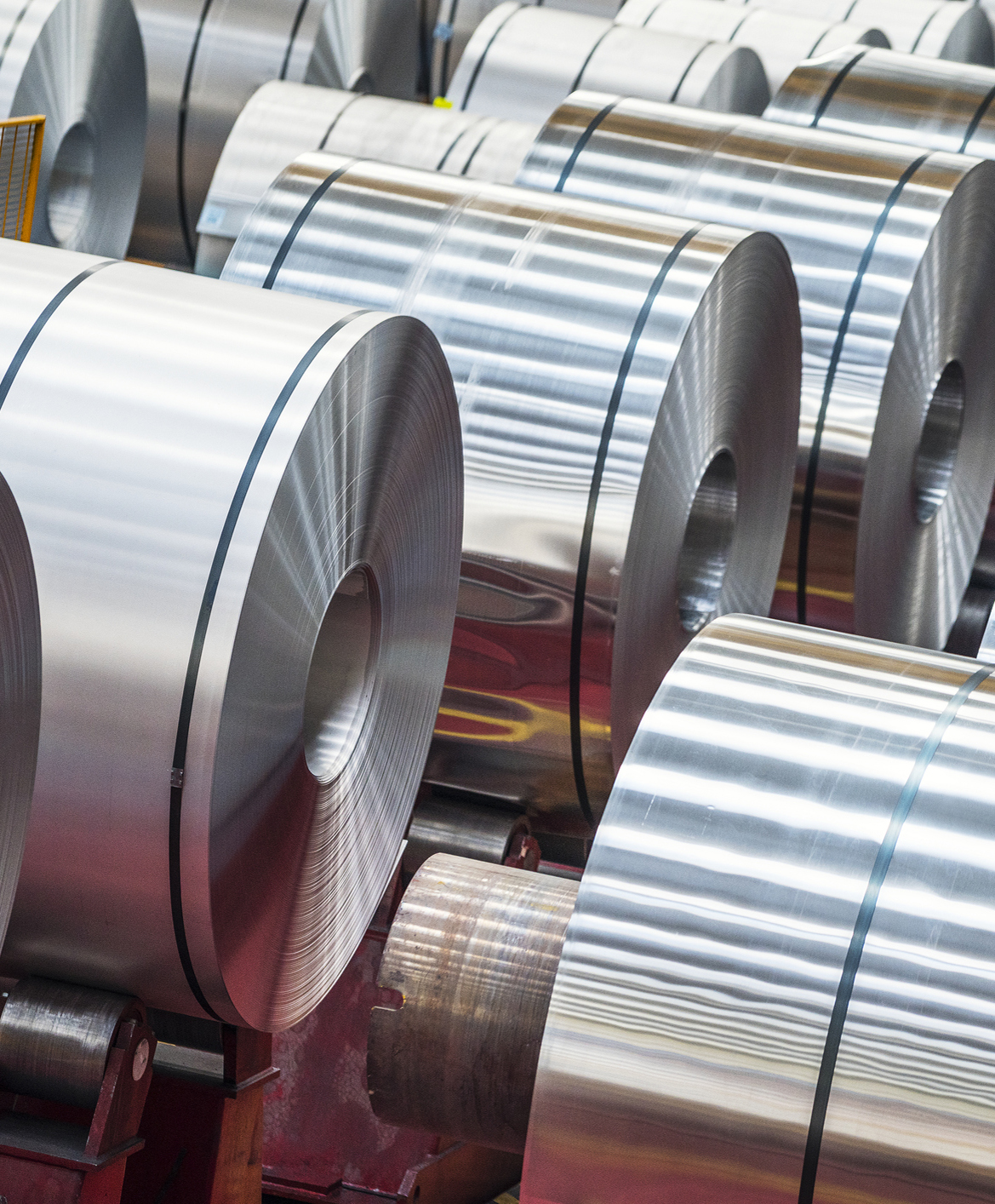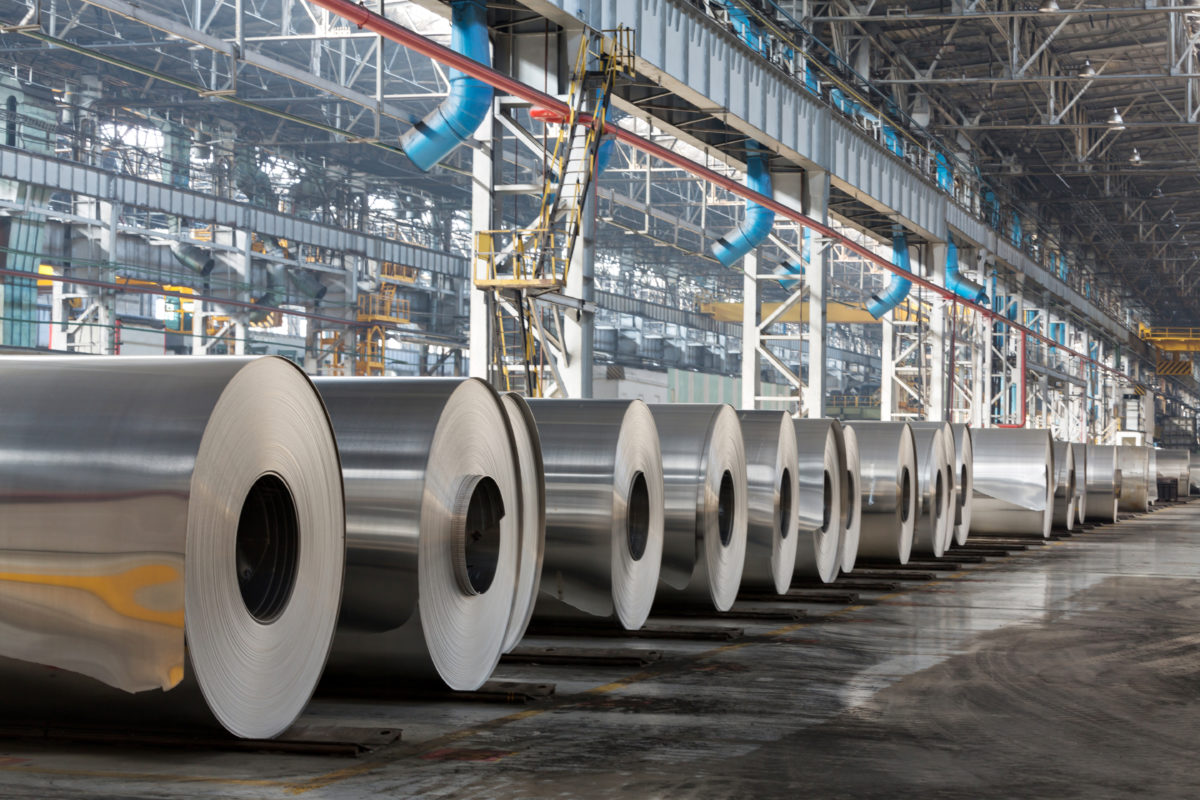No president has done more to defend the American manufacturing base from unfair trade practices than Donald J. Trump. What may surprise even his critics is that no president — since Lyndon B. Johnson declared a “war on poverty” — has done more to lift the prospects of low- and moderate-income families than President Trump.
A poster child for the success of President Trump’s tax, trade and worker-training policies in lifting the spirits — and incomes! — of American workers will be a new aluminum mill. This new aluminum mill will be built in Ashland, Ky., in the midst and mists of Appalachia’s rugged mountains, in one of our nation’s most poverty-stricken areas.
Ashland is located in Boyd County off Route 60, on the banks of the Ohio River, bordering West Virginia and Ohio. It was once a booming steel, oil and coal town — until the steel mills in the area started closing down, Ashland Oil moved its headquarters to the Cincinnati region, and the coal mines began to shutter.
Today, Boyd County suffers from a declining population and a debilitating opioid epidemic. But help — not just false hope — is on the way.
The new $1.5 billion aluminum rolling mill that will soon be built — with a groundbreaking on Friday — will cover 45 acres. This state-of-the art mill will create up to 1,800 construction jobs and about 500 permanent positions in a county where the unemployment rate is almost 40% higher than the national unemployment rate.
Striking a strong blow on behalf of working men and women, the starting salary at this plant will be $65,000 a year. This compares with a median household income in Boyd County of $44,140 — which is well below the national median of $59,039.
To ensure that the working men and women of Boyd County will be equipped to take advantage of these opportunities, the plant operator has teamed with Ashland Community and Technical College to develop programs to train workers right out of high school. Such programs are consistent with Trump’s longtime advocacy of trade schools, apprenticeships and workforce development as a way for the working middle class to advance professionally.
For example, in Trump’s State of the Union address this year, he called for more investment in workforce development and job training, and last year he signed an executive order to expand “industry-recognized” U.S. apprenticeships. Boyd County is indeed delivering.
The plant’s builders credit Trump’s aluminum tariffs and tax cuts as essential ingredients to their future growth and prosperity. The Trump aluminum tariffs will provide this mill and the broader U.S. aluminum industry a stout defense against massive government-subsidized and supported overcapacity in the global marketplace and the resulting surges of aluminum imports into the United States from a range of countries — and serve the broader national defense in the process.
The president’s tax bill likewise provides two strong incentives to this critical investment in America’s manufacturing and defense industrial base. The additional cash flow generated from the president’s tax cut helps provide the investment capital. Investors can also take advantage of the Trump tax law’s “Opportunity Zone” provision that was designed specifically to encourage investments in economically depressed areas.
This new aluminum plant is not the only example of how Trump’s tariffs and tax policies are strengthening our manufacturing and defense industrial base and lifting the fortunes of America’s working men and women. Following the imposition of tariffs, U.S. Steel announced it would restart its steel-making facilities and one blast furnace at an Illinois plant. Century Aluminum Co. announced a nearly $120 million investment to expand and modernize a smelter in nearby Hawesville, Ky., that had its production decreased to 40% since 2015. Alcoa will reopen an idle smelter in Indiana. Steelmakers Nucor and Commercial Metals will build new mills in Missouri and Oklahoma, respectively.
Trump has also provided relief to the U.S. washing machine and solar industry by imposing steep tariffs. Critics at the time warned the move would hurt consumers, but the tariffs have been a boon to the U.S. worker. Whirlpool said it would add 200 jobs at its Ohio plant after the announcement, the South Korean manufacturer Samsung opened its first plant in South Carolina, and LG Electronics broke ground on a 310-acre site in Tennessee — their washers will be made with American hands.
There can be no better way to make America — and American manufacturing — great again than to start to rebuild those communities of America most harmed by the forces of globalization. These new facilities will stand as shining testimony to the success of tough trade actions, smart tax policies and targeted worker-training programs.
Peter Navarro is assistant to the president and director of the White House National Trade Council.


